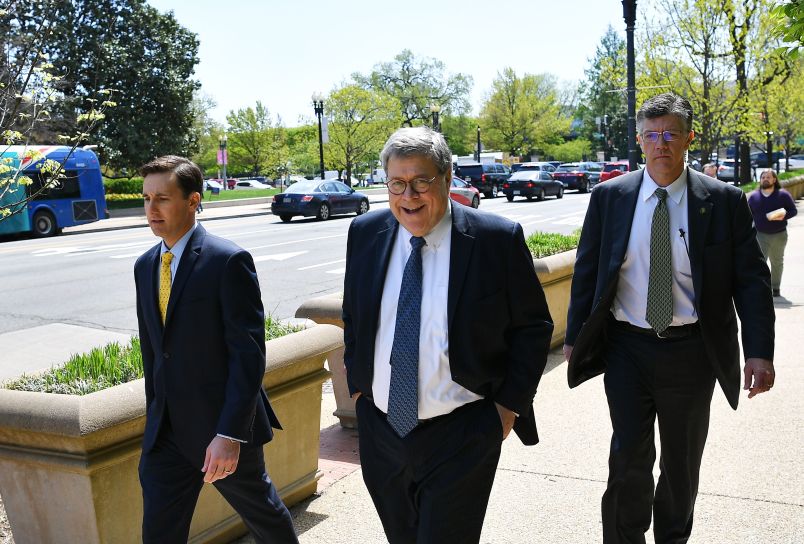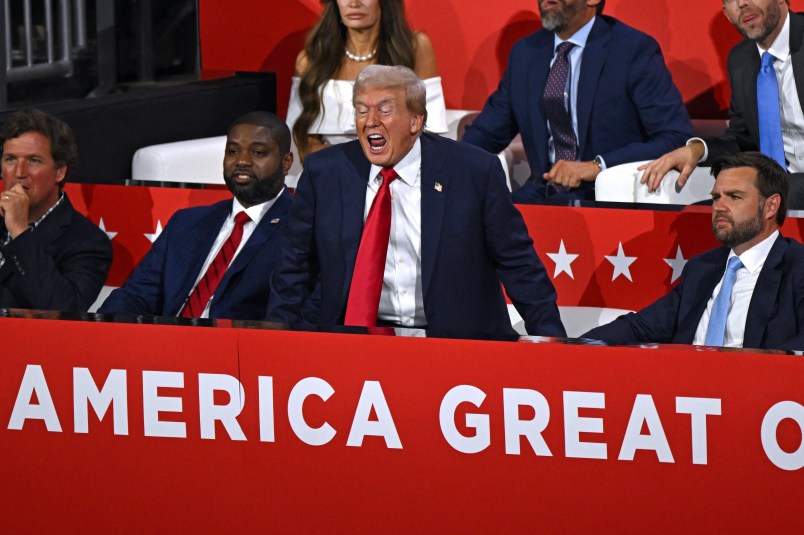Researchers from UC Berkeley and the University of Michigan dug up some surprising results after posing the question: How much do lawmakers really know about their voters’ political views?
“Pick an American state legislator at random, and chances are that he or she will have massive misperceptions about district views on big-ticket issues, typically missing the mark by 15 percentage points,” David Broockman and Christopher Skovron wrote in a study for the Scholarly Strategy Network originally published in 2013.
To investigate the question, the duo surveyed thousands of state legislators and compared their perceptions of voters to people’s actual views, derived from a large body of public opinion data.
Their conclusion: “legislators usually believe their constituents are more conservative than they actually are.”
On three issues — universal healthcare, same-sex marriage, and welfare — lawmakers’ assumptions about what their constituents believed were “15-20 percent more conservative, on average,” than the actual base of public support for such issues.
Most striking, both liberal and conservative lawmakers assume their voters are much further to the right than they actually are:
The typical conservative legislator overestimates his or her district’s conservatism by a whopping 20 percentage points. Indeed, he or she believes the district is even more conservative than the most right-leaning district in the entire country.
Liberals also think their constituents’ views are more conservative than they really are, but are typically only off by about five percentage points.
The research finds “no meaningful statistical relationship” between incumbency or professionalism and the accuracy of lawmakers’ perceptions.
By the end of their research, Broockman and Skovron invite the bigger question for another day: Why?
As the beginnings of an answer, the co-authors note that many scholars have found “politicians feel much more accountable to the wealthy, party leaders, or interest groups than to rank and file voters’ preferences,” and that “politically active citizens tend to be wealthier and more conservative than others.”
In other words, staying in office – the sine qua non goal for the vast majority of elected officials — is likely not perfectly aligned with representing the views of a majority of their constituents.
Broockman and Skovron nonetheless conclude on an optimistic note: “Politicians who want to represent all the people in their districts need to keep this in mind.”










Reminds me of the mother of one of my college roommates. As late as 1979, she still couldn’t understand how Johnson had won the Presidency in 1964. “But everyone in our neighborhood had Goldwater signs in the yard.”
TPM:
It might be illuminating to see a similar study restricted to primary voters.
One problem, though, is that voters think they’re more conservative than they are too, because Republicans have successfully branded the word “liberal” to mean “everything that’s bad with the world,” so they like the guy who says he’s conservative. What Dems really need to do is re-brand liberal by saying, “If you think it’s wrong that the average CEO makes more than 300 times the average worker and pays a lower percentage in taxes while families working 40 hours a week have to scrape by on food stamps and the federal deficit increases, you might be a liberal.” Etc.
“politicians feel much more accountable to the wealthy, party leaders, or interest groups than to rank and file voters’ preferences,” and that “politically active citizens tend to be wealthier and more conservative than others.”
It’s pretty simple IMO. We live in a Plutocracy.
Prior to when Faux News began waterboarding pols in 1996–
the results were probably much nearer reality.
jw1